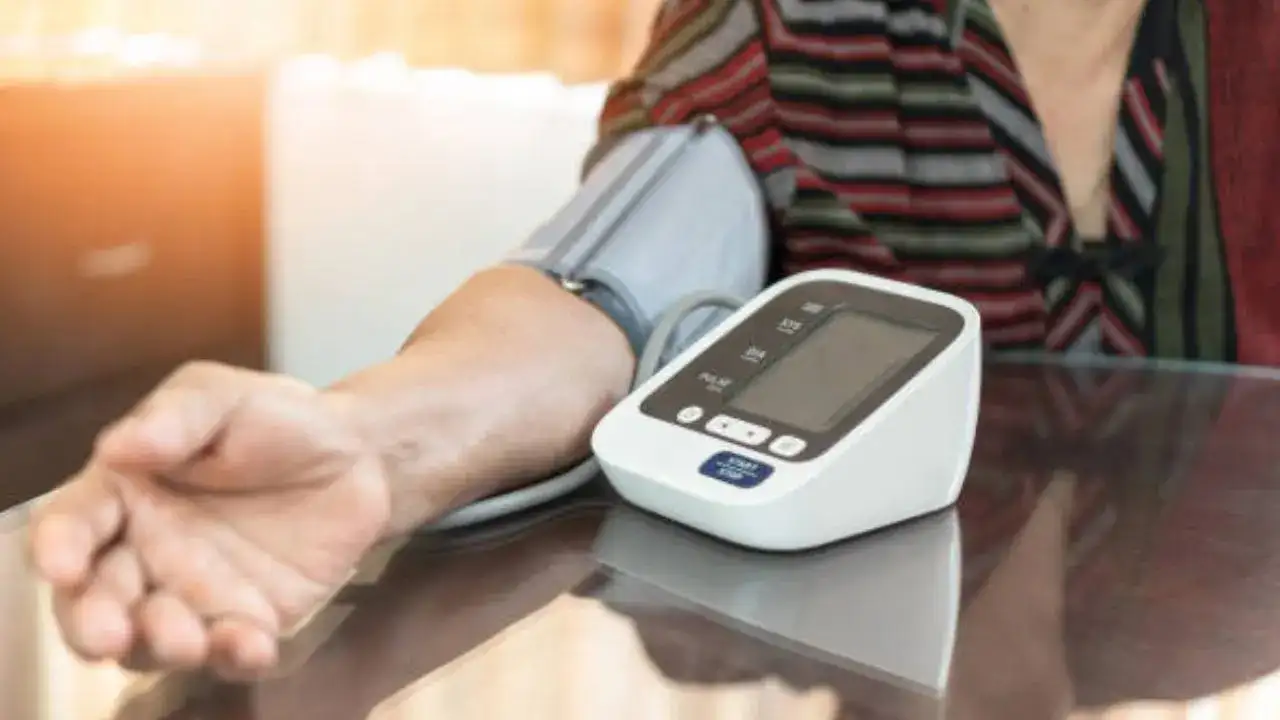
Doctor Shares 5 Eye-Opening Reasons Seniors Are More Prone To High BP—And How To Prevent It (Image Credits: iStock)
High blood pressure, or hypertension, is one of the most common health concerns affecting older adults — and it’s more than just a number on a machine. As we grow older, our bodies go through natural changes that increase the likelihood of developing this silent but dangerous condition. But why exactly does age raise the risk?
According to Dr Vinny Sood, Associate Director, Neurosciences, Neurology, Max Hospital, Gurugram, several physiological and lifestyle factors play a role in why seniors are more prone to hypertension.
“One of the primary reasons is that as we age, our arteries lose their flexibility. They become stiffer, which means they can’t expand and contract as efficiently as they once did. This naturally causes an increase in blood pressure,” says Dr Sood.
1. Stiffening of Arteries
With age, arteries gradually harden due to a buildup of plaque and loss of elasticity. This process is known as arteriosclerosis and it makes it harder for blood to flow smoothly, resulting in elevated pressure within the vessels.
2. Declining Kidney Function
Another key reason lies in our kidneys. “Our kidneys help filter the blood and maintain a balance of fluids and salts, which are crucial for regulating blood pressure,” explains Dr Sood. “As kidney function declines with age, this balance can be disrupted, leading to higher pressure levels.”
3. Hormonal Changes
Hormones also influence blood pressure, particularly those that manage how our body handles sodium. Older adults often experience shifts in hormone levels that affect how efficiently their body processes salt — a major contributor to high blood pressure.
4. Cumulative Lifestyle Habits
Years of dietary and lifestyle choices add up. A high salt diet, lack of regular physical activity, poor sleep, smoking, and unmanaged stress can all compound over time. “These factors might not show immediate effects, but they slowly build up and begin impacting blood pressure more noticeably after 60,” says Dr Sood.
5. Coexisting Medical Conditions
Older adults are also more likely to live with conditions like diabetes, high cholesterol, or even early cognitive decline — all of which can either contribute to hypertension or make it harder to manage.
The danger with hypertension is that it often goes unnoticed. Many people don’t experience symptoms until it causes serious damage, like heart attacks, strokes, or kidney disease. That’s why early detection and regular monitoring are key.
“As a neurologist, I can’t stress enough how important it is to manage blood pressure, especially in older adults. High blood pressure is one of the leading preventable causes of strokes — something we see far too frequently in our practice,” warns Dr Sood.
What Can You Do?
The good news? Hypertension is manageable. Regular check-ups, a balanced diet low in sodium, staying physically active, managing stress, and taking medications as prescribed can go a long way in keeping blood pressure under control — even well into your 70s or 80s.
“With the right approach, high blood pressure doesn't have to be a life sentence,” says Dr Sood. “It’s about awareness, consistency, and support.”
